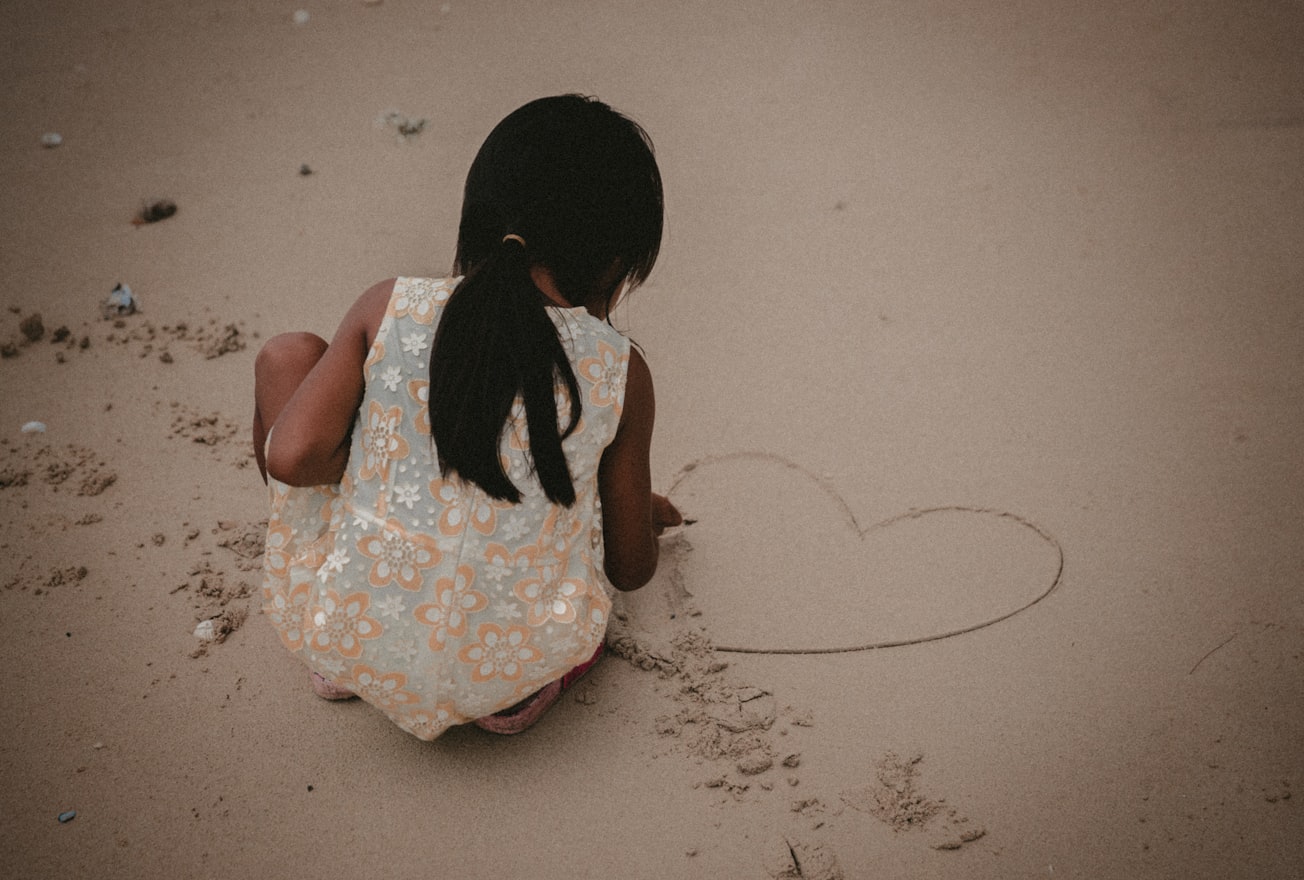What is it about?
State crime research has included studying the cooperation between governments and companies as well as international financial institutions. This article extends research on state crime by exploring deviant collaborative activities between multiple powerful governments—what I refer to here as “state co-offending.” The study analyzes the recolonization of the Chagos Archipelago (in the Indian Ocean) and the forced eviction of its Indigenous population as a type of state crime that involved the collusion of two powerful countries. The case study explores the conspiracy between the United Kingdom and the United States to recolonise the archipelago and how this involved the forcible removal of the entire population of Diego garcia (the main island of the archipelago) tshowing how this behaviour violated international law.
Featured Image

Photo by Jakob Owens on Unsplash
Why is it important?
The idea that people collaborate in deviant behaviour is well established, here you can see how entire governments act in similar ways to harm entire communities and populations
Perspectives
I am particulalry excited about this article as it explores something that has not been named in past state crime research. I belive there are many other examples of state co-offending and hope the concept will help name this harmful behaviour.
Anamika Twyman-Ghoshal
Brunel University London
Read the Original
This page is a summary of: State Co-offending: The Case of the Recolonization of the Chagos Archipelago and the Forced Eviction of the Chagossians, Critical Criminology, May 2021, Springer Science + Business Media,
DOI: 10.1007/s10612-021-09570-4.
You can read the full text:
Resources
Contributors
The following have contributed to this page










